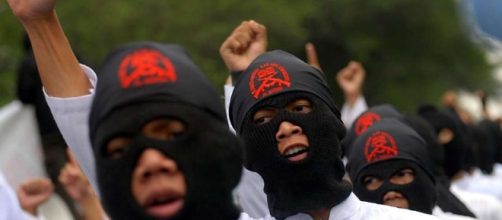In the past, the United States of America has sought to frame the fight against #Islamist extremism as an issue of human rights and democratic opportunity. #President Barack Obama and President George Bush, two former Presidents of the USA, used different methods and ways but they both promoted, to varying degrees, democracy and human rights as a tactic to challenge and destabilize support for and strength behind radicalism in those Middle East places such as Iraq, Iran and Syria..
In #Riyadh on Sunday however, when President Trump gave his speech to Muslim and Arab leaders, he made it clear that he wouldn’t impose human rights watch on these Muslim nations or ask them to lift any of their repressive policies.
He told the #Muslim leaders that he wasn’t there to lecture them and that "we are not here to tell other people how to live, what to do, who to be, or how to worship." Instead, he said, we want to work together on everybody's shared interests and values, to pursue a better future for everybody.
With his administration in squalor back home, aides have expressed to varying news outlets that Trump is readying to shift away from his previously harsh take on #Muslim countries.
According to the New York Times, the national security adviser General McMaster has counseled Trump to refrain from using the debatable phrase #radical Islamic terrorism, and implied that the term wouldn’t be in his speech at Riyadh.

